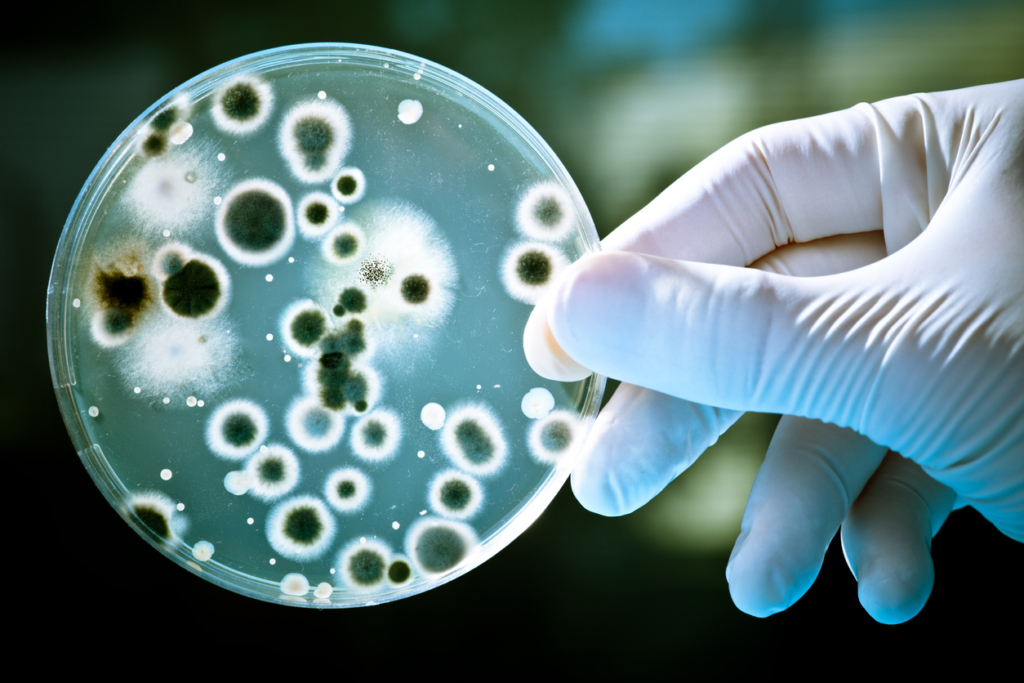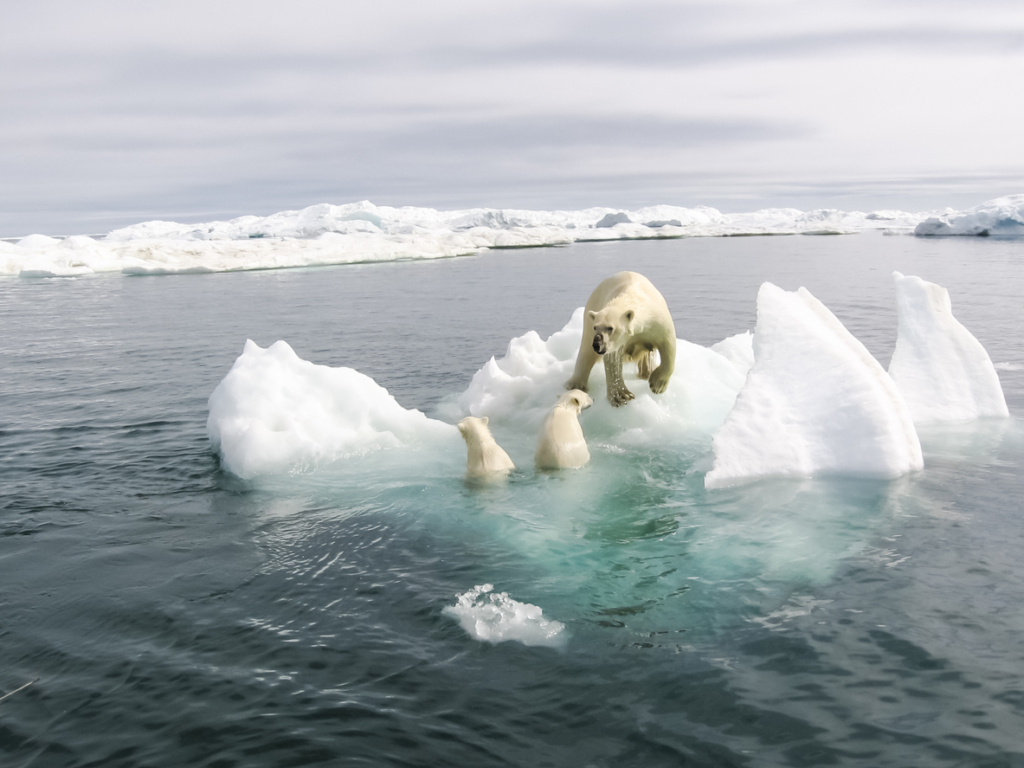Andres Marcoleta, a researcher at the University of Chile, who led the study published

in the Journal of Macroecology, in March, said these Scientists find bacteria with 'super abilities' in Antarctica
Scientists in Chile have discovered a bacterium in Antarctica that has genes that confer natural resistance to antibiotics and antimicrobials and has the ability to spread beyond the polar regions.
"super abilities" that allow resistance to extreme conditions are present in mobile bits of DNA, and they can easily be transmitted to other bacteria.
"We know that the soils of the Antarctic Peninsula, one of the polar regions most affected by melting ice, has a wide variety of bacteria, some of which represent a potential source of ancestral genes conferring antibiotic resistance," Marcoleta added.

Bacteria can survive in various harsh environments - iStock
Scientists from the University of Chile collected several samples from the Antarctic Peninsula from 2017 to 2019, while Marcoleta noted: “It is worth asking whether climate change can have an impact on the occurrence of infectious diseases,” adding, “In a possible scenario, these genes could leave.” This reservoir (in which you live) is a catalyst for the emergence and spread of infectious diseases.”
The researchers found that the bacteria known as Pseudomonas aeruginosa, one of the groups of bacteria prevalent in the Antarctic Peninsula, is not pathogenic, but can be a source of "resistance genes", which cannot be stopped with common disinfectants such as chlorine or quaternary ammonium.
However, the other type of bacteria they studied, the unicellular polar microbes, had "the ability to inactivate beta-lactamase antibiotics, which are essential for treating various infections," Marcoleta said.
Snow melt warnings
It is noteworthy that earlier, scientists warned of a catastrophe threatening humanity due to the melting of the Thwaites River, one of the largest glaciers in the world, located west of the Antarctic region on the Antarctic Peninsula, which is a vast ice basin.
Years of research by British and US researchers has shown that large cracks have opened in the upper and lower layers of the Thwaites glacier, and scientists fear the glacier will collapse, and may melt within five years or less.
They also noted that melting it could release nuclear waste and deadly pathogens, as researchers believe that with melting Arctic ice, it is likely to raise sea levels, contribute to the destruction of ecosystems around the world, but can also release chemical and biological hazards that have been safely isolated. In the previous.

Melting ice threatens polar bears
These risks can include old or undetected viruses and bacteria, toxic chemicals, and even nuclear waste.
"Arctic permafrost was a hotbed of industrial activity, resource extraction, and even Soviet nuclear testing, which means there is a lot of dangerous garbage lurking inside and waiting to be released if we continue to burn the planet," the researchers added.
According to the report, more than 100 different species of microbes trapped in the arctic permafrost are resistant to antibiotic drugs.
Source: Reuters
https://shahbapress.net/archives/24966?fbclid=IwAR00cfDimwtFXFcvoQIxQ2xq7ystM-A65FvkVtW1E8bOO5PIuvNseos8cg0

